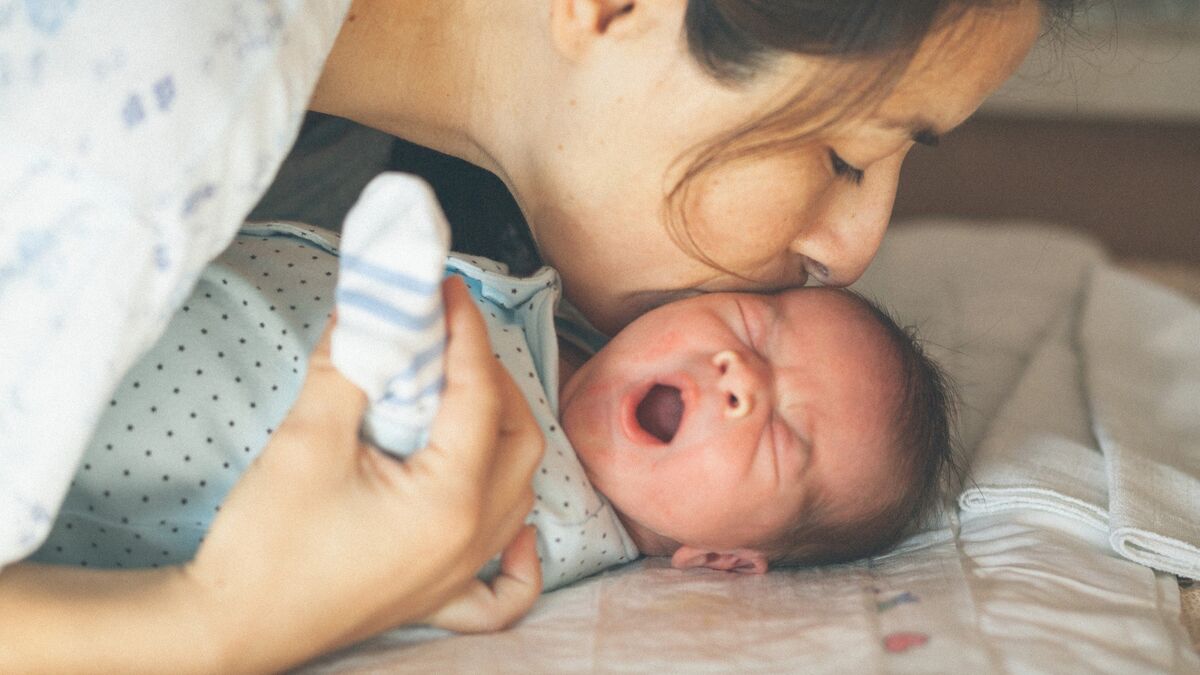Results
Designing the NHS-embedded Generation Study

Returning Results
When we analyse babies’ DNA, we look for changes in certain genes. These changes are expected to cause 200+ rare genetic conditions.
Returning results progress
We will return results from genome sequencing to each participant, whether they are suspected as having a genetic condition or not. Participants are also informed if testing of their sample was not possible, though this is a rare occurrence.
We are working with the NHS specialist teams handling the condition suspected results to understand the diagnostic outcomes of these cases. This will help us determine how accurate and useful our test is, for both parents and clinicians.
Types of results
No condition suspected
Parents of babies who have no condition suspected are contacted by email or letter a few months after birth.
Most babies will get this result — about 99%. It means we did not find any of the gene changes known to cause the genetic conditions in this study.
This result means that the baby is very unlikely to develop one of the conditions that has been screened for. However, as this is a screening test conducted for the purpose of research, it should not be considered a clean bill of health. Babies could get other health conditions and parents are advised to speak to their midwife or GP if they have concerns about their baby’s health or family history
Condition suspected
A very small number of babies in this study will get this result — about 1%. It means we found gene changes linked to one of the genetic conditions in our study. This is not a diagnosis; it will need to be confirmed.
If we suspect a baby has a condition, we will share this with a specialist team in the NHS. Someone from the specialist team will call parents as soon as possible in the weeks after birth. It will be someone new to parents, in order to get fast and specialised care. They will also contact the baby’s GP. They’ll arrange an appointment to discuss the result and next steps.
The specialist team will likely arrange more tests to confirm a diagnosis. This may include a blood or urine sample, a scan, or other types of tests.
Every genetic condition in the study has an agreed treatment plan in the NHS. However, this is a screening test conducted for the purpose of research, so there are uncertainties that we know may arise, such as:
Incorrect diagnosis: There’s a small chance we get the result wrong, and the baby does not have the condition.
Unclear diagnosis: There’s a small chance that follow up tests cannot confirm or disprove a diagnosis.
Delayed diagnosis: It could take many tests before the condition is confirmed.
Unclear symptoms: It could be difficult to know when or if a baby will start having symptoms.
Effect on family: Because these conditions are genetic, other family members could be impacted by the result.
We have worked with the NHS to ensure support can be available for families receiving results, and to evaluate the outcomes and impact in the study.
No result
There is a small chance we won’t be able to complete the test or provide parents with results. If this happens, we let parents know by email or letter.
Supporting health care professionals and families
We have developed training and condition-specific materials to prepare specialists to return results. This is in addition to our work to train and support staff delivering the study more broadly.
For each condition, we have created a confirmatory pathway guidance document, which were developed with and reviewed by specialists for each condition. These documents include information about genetic and non-genetic confirmatory tests, and management recommendations.
We also provide specialist clinicians with a condition information sheet to share with the parents after they return the results by phone.
We worked with more than 90 patient organisations to create the information sheets, to ensure parents have accurate information and support. They are specifically developed for the uncertain time when parents have received their Generation Study result, but have not yet had their confirmatory test results, and will likely be searching for answers about the condition.
These information sheets include a reminder about what this result means, a short, plain English description of the condition, next steps, and links to appropriate patient organisations and support.
Additionally, we provide specialist teams with one-to-one support from regional results coordinators, training videos, and templates to communicate with parents. Parents can also access study-funded genetic counselling support related to their result.
Resources
GeNotes – a 'just in time' educational resource for healthcare professionals - are available to learn more about the different aspects of the Generation Study. These were developed in collaboration with NHS England’s Genomics Education Programme and our Education and Training working group.
These GeNotes along with other resources are underpinned by competencies developed through the Clinical Pathway Initiative to align with a nationally co-ordinated and consistent approach.
Read on GeNotes: The Generation Study
Read on GeNotes: What are the different types of result and how are they returned?
Read on GeNotes: Communicating a ‘condition suspected’ result
View the Generation Study: recruit, enrol and sample CPI
View the Generation Study: sample, sequence and interpret CPI
View the Generation Study: return results and further care CPI